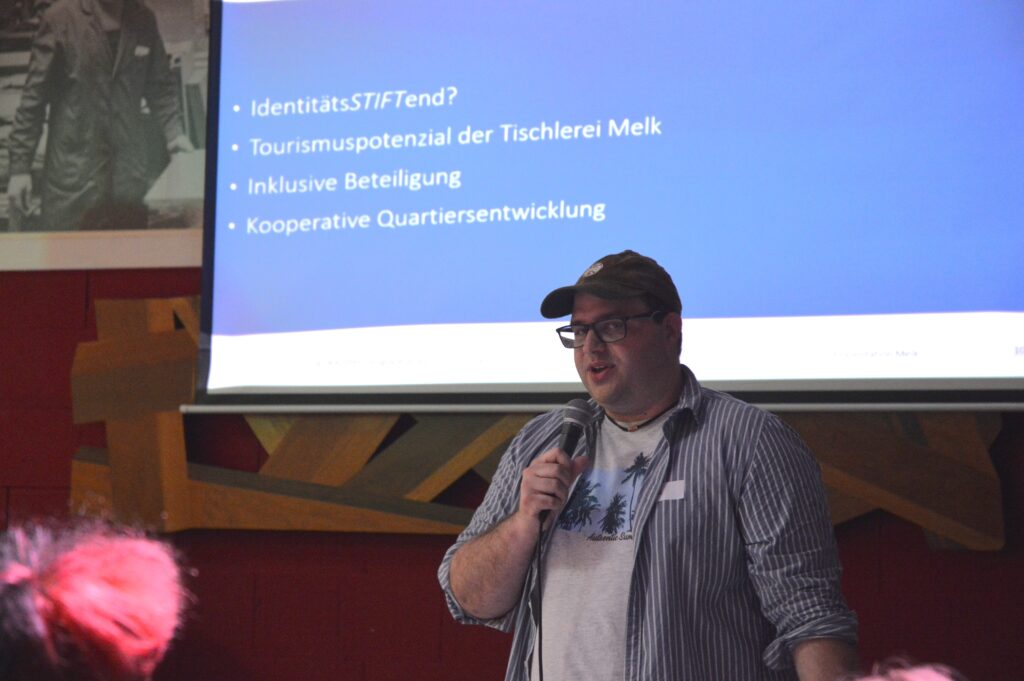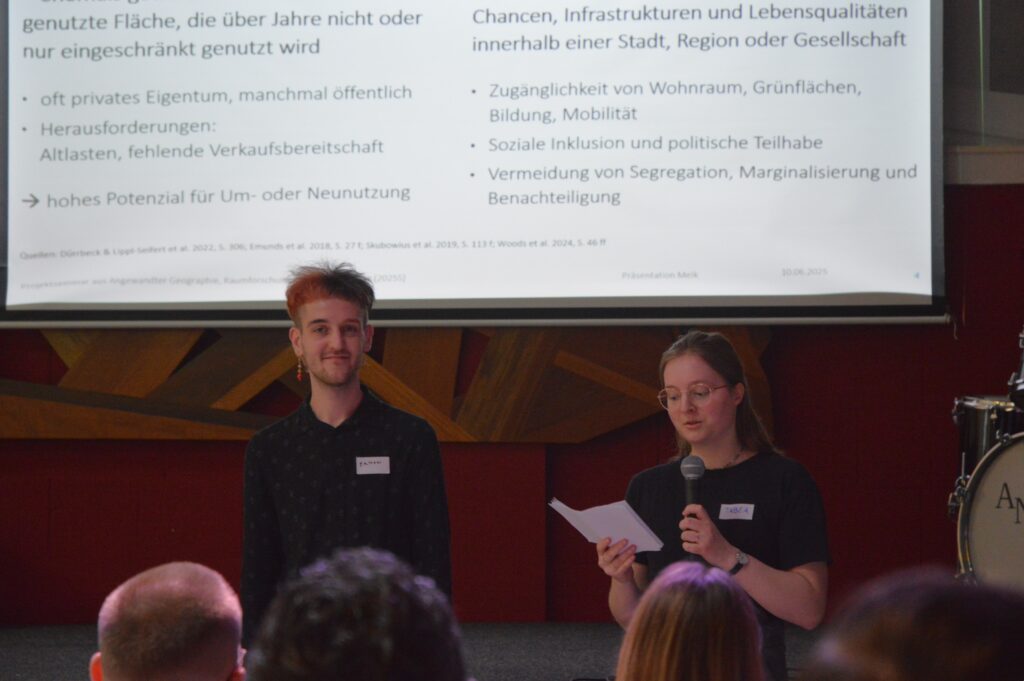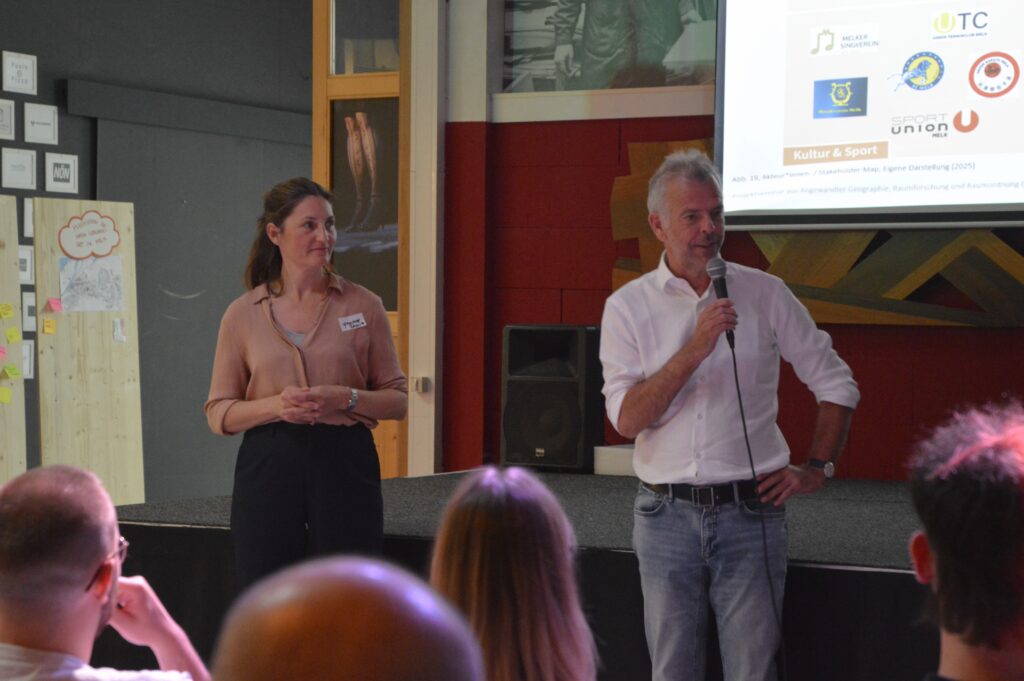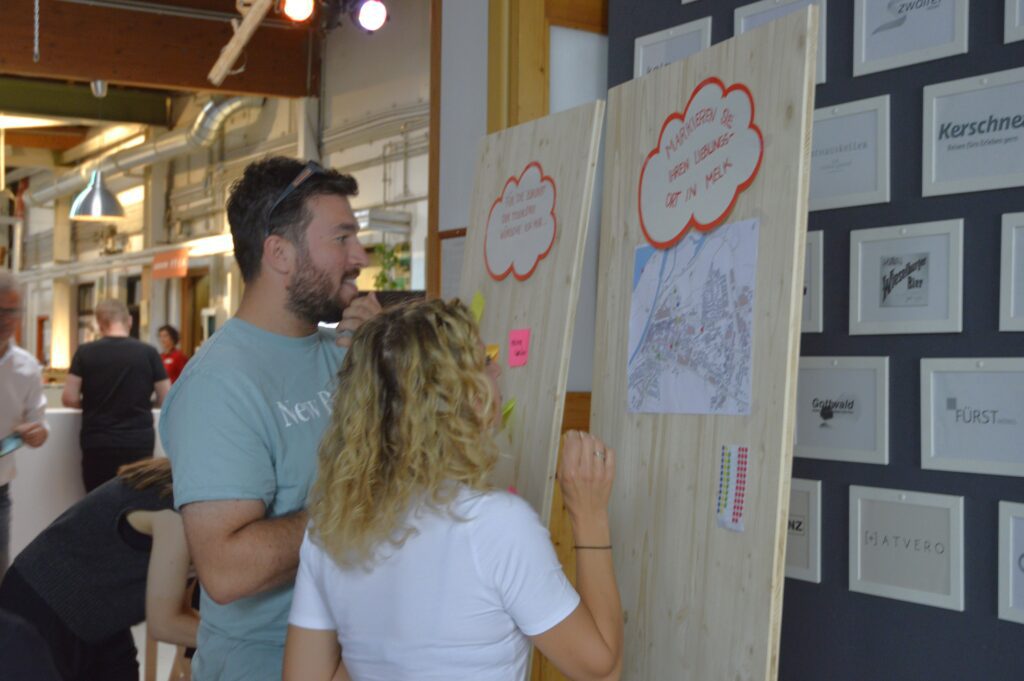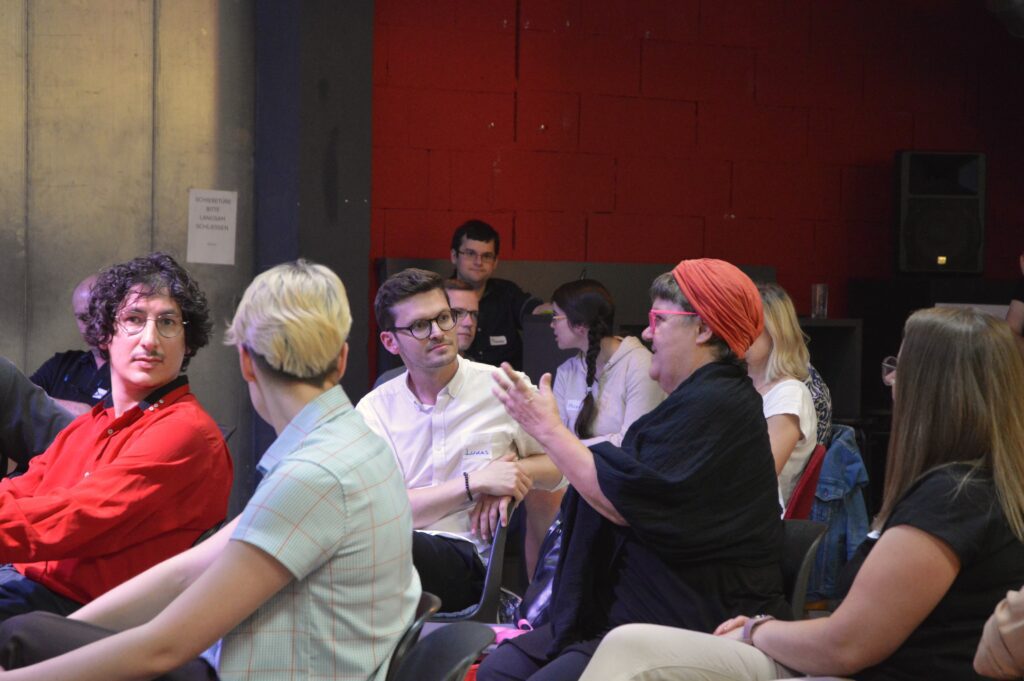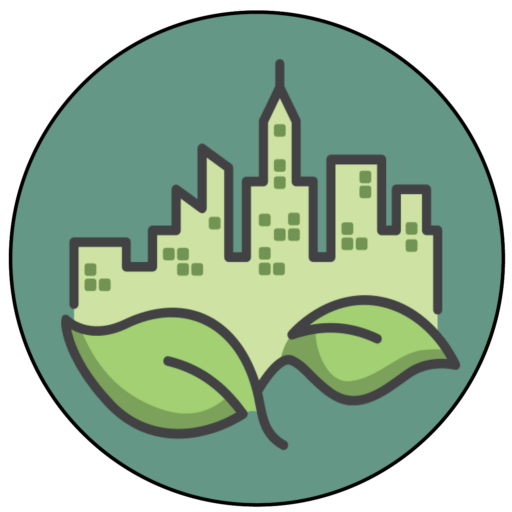Tischlerei Melk - Transforming a brownfield site to an integrative neighborhood center
Melk is a small district capital on the Danube River in Lower Austria. The town is well known for its… joinery?!
Yes, exactly – at least that is one of the many ideas that the owners of the former joinery site have for the future. A comprehensive process is taking place there to transform this former industrial wasteland into a central location for Melk through new uses. As part of future projects, the Tischlerei could thus offer an inclusive space for exchange and participation – possibly at the heart of a cooperatively developed urban quarter that radiates far beyond the borders of Melk.
In the summer semester of 2025, 16 Master’s students from the Spatial Research and Spatial Planning degree program, led by Yvonne Franz and Martin Heintel and supported by Miriam Lindsberger, explored questions of spatial justice, social innovation and the reuse of urban brownfield sites – with the Melk joinery as the specific area under investigation. The students researched the topics of identity-forming places, tourism, inclusive participation and (cooperative) neighborhood development. In cooperation with the brownfields dialog of the BMLUK, they presented their findings at an evening event on June 10, 2025. Guests included the owner Lukas Fürst, participants in the recent participation process, representatives of local politics and employees of the Tischlerei.
The results are diverse, highlighting not only opportunities and potentials but also the challenges that shape the future of the site – and of urban development in Melk more broadly:
If the students’ recommendations are taken into account, this presents a real chance to shape new narratives for Melk. Reflecting on local identity – for example, through critical engagement with the town’s Nazi history or by committing to true inclusion of diverse social groups – is as necessary as it is possible. In line with the New European Bauhaus approach, such a space could become a showcase for combining ecological, social, and cultural dimensions of urban innovation. Temporary uses and participatory formats could open up new perspectives for Melk – especially for “unseen” or underrepresented groups. Children and young people, for instance, are often considered in urban planning but rarely actively involved. The Tischlerei Melk could become a model in this regard – a place where youth can genuinely help shape their environment.
More than just a space for culture, work, and events, the Tischlerei stands for transformation: a long history meets bold new visions. Events focusing on the site’s legacy or the sustainability of the project could complement the offerings – as could low-threshold formats such as pop-ups or mini-concerts that enhance visibility and accessibility. The Tischlerei’s existing strengths – craftsmanship, networks, and above all, the will to contribute positively to Melk’s urban future – could thus lead to lasting and sustainable change.
The findings will be presented once more in the upcoming Brachflächendialog webinar on June 18, 2025. Click here to register!
Text: Katharina Wachabauer, Benno Urschler
Photos: Alexios Partoglou

